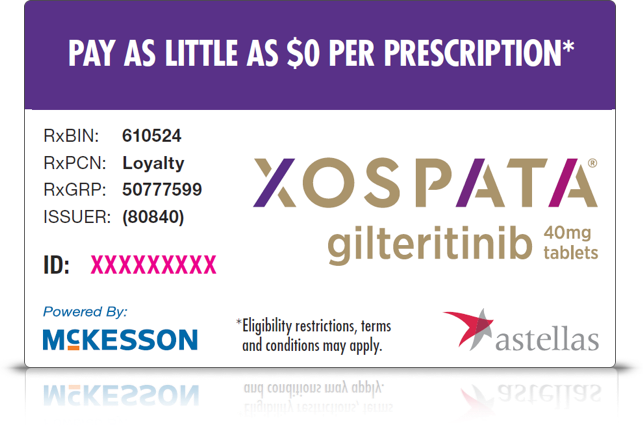
Why are co-pay accumulator programs unfair?

Co-pay accumulator programs, which block co-pay assistance from being counted toward deductibles or out-of-pocket maximums, have been on the rise in the past couple of years. Co-pay assistance is payment made to a pharmacy on behalf of a patient by charities, nonprofits, and pharmaceutical manufacturers and is designed to help offset the cost of treatments and medications. 5801, the Help Ensure Lower Patient (HELP) Copays Act, to fight high out-of-pocket insurance costs.Ī key part of the bill requires insurance providers to count co-pay assistance toward a person’s insurance deductible or out-of-pocket maximum. On November 1, 2021, a bipartisan group of Congressional Representatives introduced H.R. Originally published DecemWhat is the HELP Copays Act? IDF strongly believes that #AllCopaysCount and patients should not be penalized for using assistance programs to afford their medications." We are pleased to see the HELP Copays Act introduced to fight the same health insurance practice at the federal level. Lynn Albizo, IDF's Vice President of Public Policy, said, " IDF has been vocal about the harm copay accumulators pose to patient access to critical medications and has galvanized support for state-level bans across the country. The new bill is sponsored by Representatives Carter (R), Barragán (D), Clarke (D), Coleman (D), DeGette (D), Fitzpatrick (R), and Miller-Meeks (R). The All Copays Count Coalition sent a letter of support for the bill signed by 75 of its members, including IDF. 5801 in late 2021 but failed to progress out of committee. In essence, H.R.830 is a reintroduction of the Help Ensure Lower Patient (HELP) Copays Act, which was first introduced as H.R.

Copay accumulator programs, which do not count assistance toward deductibles or out-of-pocket maximums, would be banned for health insurance plans regulated at the federal level, such as those offered by large employers. This bill requires health insurance plans to apply copay assistance to an individual's cost-sharing obligations (i.e., deductible and out-of-pocket maximum) for their insurance. Update - On February 6, 2023, a bipartisan group of legislators introduced H.R.830 in the U.S.


 0 kommentar(er)
0 kommentar(er)
